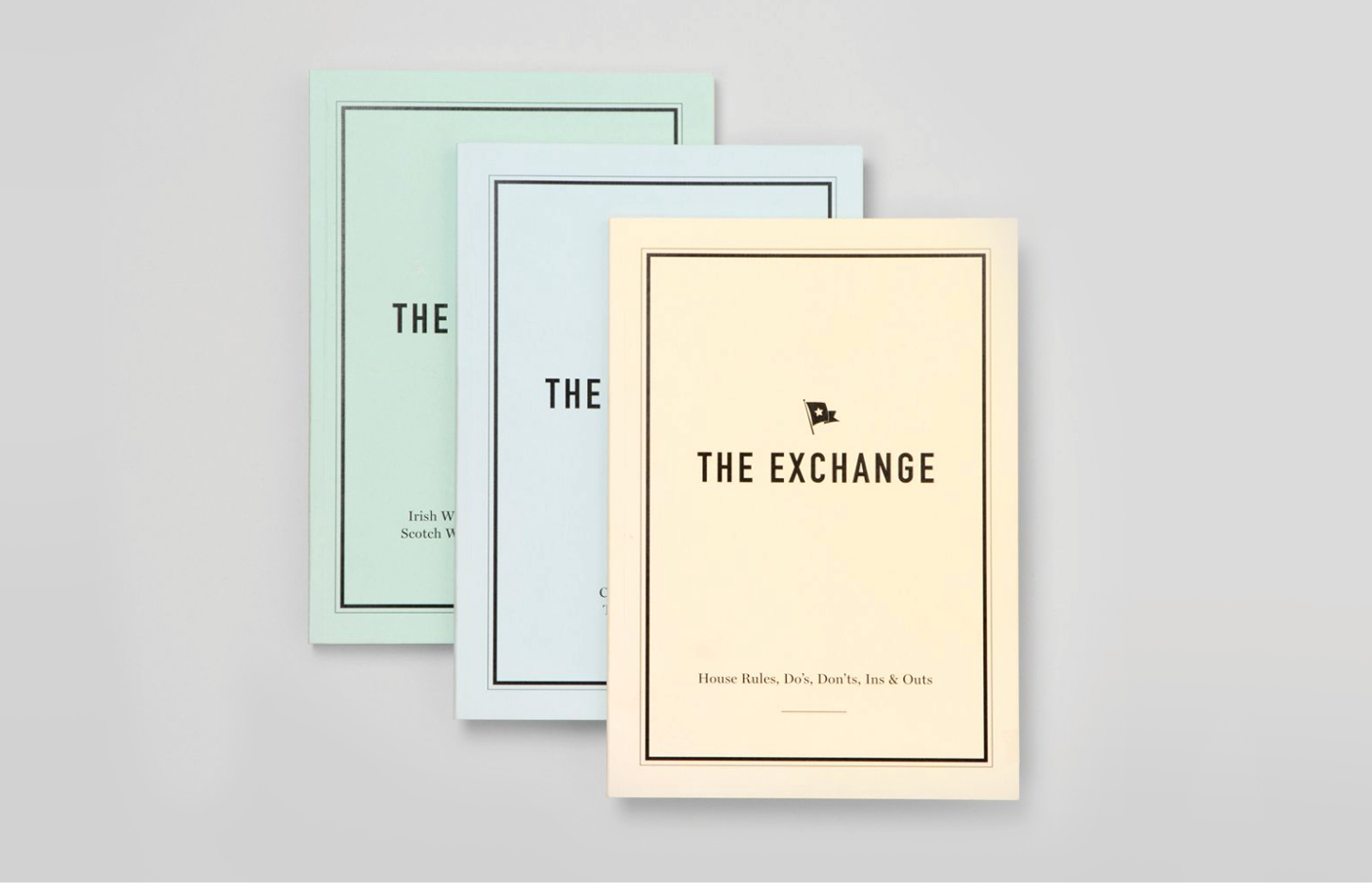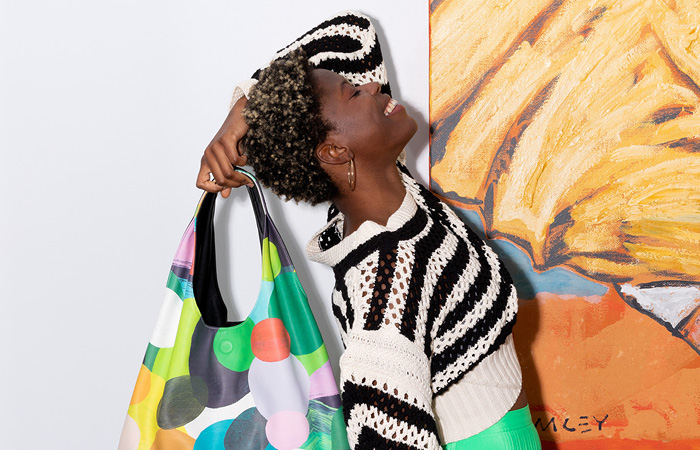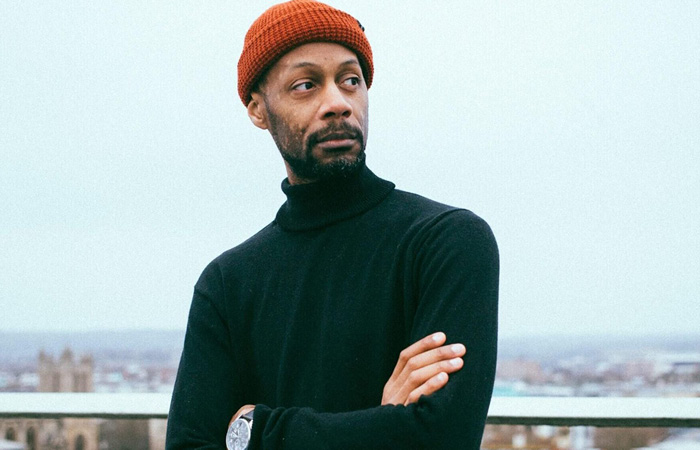ARTICLE / THE MAKING OF... SERIES
The making of...
Hoju Soju
Unfortunately, none of us here at Hunter has been to Korea. So the only way we’ve been exposed to Korea’s favourite distilled alcoholic beverage known as soju is predominantly through film.
However, before we get lost down that rabbit hole, we’d better focus on the task at hand… and that’s to share Hoju Soju’s co-founders Paul Wheatley and Damian Kent’s story.
Series
The making of... Series
Tags
Entrepreneurial
Start-up
Welcome to The making of... blog series. To start, can you give us a bit of a background into who you are and where you’ve come from?
Hello, I’m Paul Wheatley, along with Damian Kent, co-founders of Hoju Soju.
Damian and I have worked together for over 12 years, managing projects and client accounts for a specialist branding company in Sydney. Inspired by small family-run businesses that were producing some great products, and taking the world by storm, we dreamed about creating our own product one day.
As a branding agency… we’ve definitely been compelled to start our own brands as well so can fully understand where you’re coming from. But we’d never think of soju. How did you guys come up with the idea?
Several years ago, we stumbled across this cool little Korean BBQ place that was bustling with energy and excitement. They had soju on the menu - something we had only heard about but never tried before. We really enjoyed the non-flavoured version and not realising at the time, the seed was planted.
Fast forward to the COVID-19 Lockdown, we toyed around with a few product ideas - but kept circling back to soju and that memorable experience at the Korean BBQ. We saw an opportunity to produce a larger, premium version, using only locally sourced ingredients.
Putting a premium and more responsible spin on how people can consume soju, it was important it looked great in a bottle, on-shelf or behind the bar and was large enough to share with friends at a party. Hoju Soju is one of the most versatile spirits around. Being lower in ABV at 17%, it’s delicious, chilled or neat and perfect for cocktails.
Soju has been produced in Korea for over 700 years, so it naturally carries a rich history, with a lot of traditions and cultural etiquette. The fact that the category was not (yet) that well-known in Australia excited us. You can see consumers' and venues' enthusiastic reactions when they realise Hoju is not another gin or vodka.
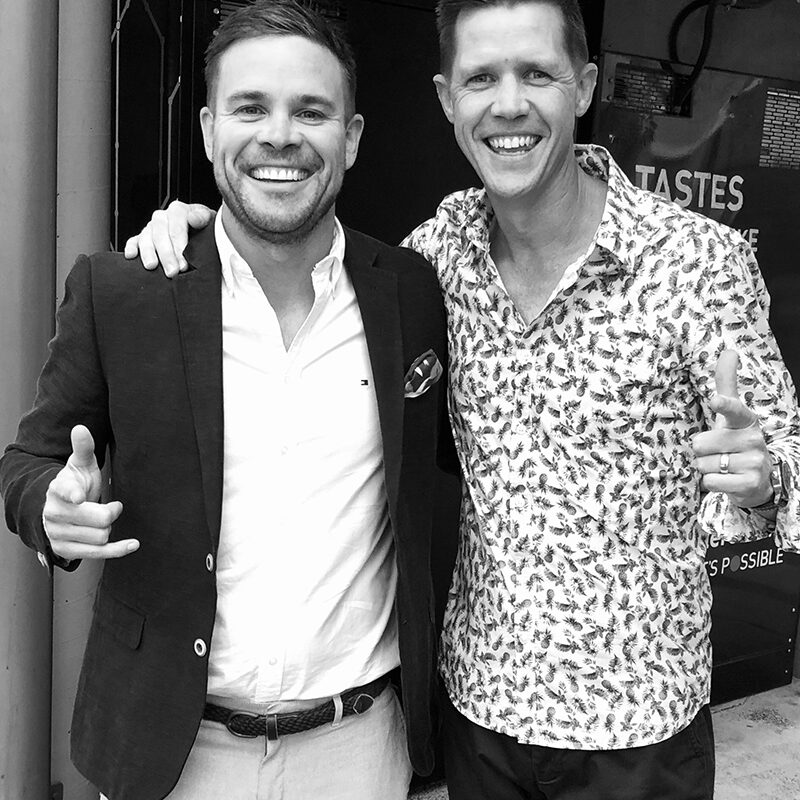
Hoju Soju’s Co-Founders Paul Wheatley and Damian Kent
We love it when passion for a product idea comes from experience. So you mentioned that people and bars were enthusiastic about Hoju, what research did you do? And how did you arrive at what you have today?
We compared as much non-flavoured soju as we could find. From there, we conducted a blind tasting to decide if our own flavour palate aligned before searching for someone who could help us create our own version. We delivered our research notes to several distillers around the basic constituents and traditional production methods. Soju (meaning burned liquor) should start with a grain-based ferment and be traditionally made with rice. We started (and failed) using rice and grains, before eventually landing on locally-grown wheat grain as the best option.
Once we had a liquid that we were happy with, we carried out tastings with a group of experts that included chefs, sommeliers, bartenders, Korean businessmen, distillers, family, friends and more.
In no particular order, we told everyone one sample was the best-selling spirit in the world, the second was our recipe and the last was a cheap Korean version (actually our backup recipe). BOTH of our recipes trumped the global leader, confirming we were on the right path
There’s nothing like a Pepsi vs. Coke blind taste approach… and adding Korean businessmen to the group for us is pure research gold. So, what were the first iterations of your product like?
Our first attempts were far from perfect. But after countless nights of research and study, many conversations with different distillers and brewing experts, some additional fact-finding on traditional production methods and a few more failed attempts, we eventually landed on a delicious recipe and a local production partner who could help make it.
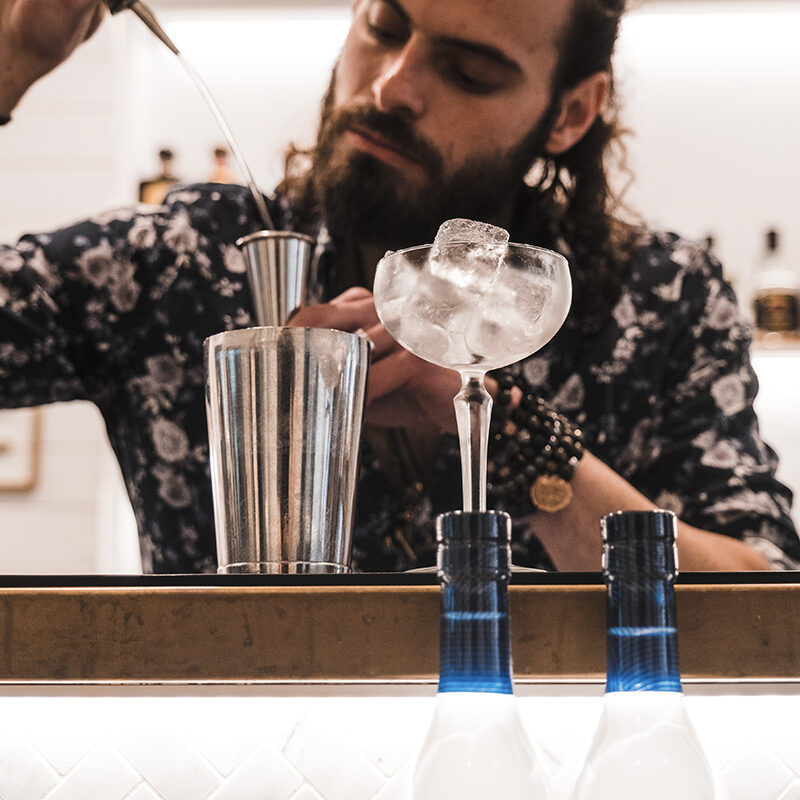
Having worked with a number of well-known alcoholic beverage brands ourselves, we completely understand the process… and from all accounts, it’s always a challenge. Now that your recipe was finalised, how did you go about funding everything?
Hoju Soju has been 100% self-funded. We have had interest from investors and as the brand evolves, we’ll definitely look to raise capital to help Hoju Soju scale.
From all of the interviews we’ve conducted so far, it seems that boot-strapping is the number one approach to funding for many start-ups. In your introduction, you mentioned that you both came from the branding industry so how did you approach the branding for your own product?
First, our name. Hoju simply means ‘Australia’ in Korean, so it needs zero explanation for Korean speakers. They usually get a kick out of the name and obvious linkage. Non-Koreans also love the catchy name Hoju Soju, especially when they realise the meaning.
Neither Damo nor I have studied Korean as a language, so it literally was a 'gold nugget' moment after punching in many names into Google translate.
Although we wanted the brand to be ‘Proudly All Australian’, we also wanted to pay homage to its Korean heritage, which is why our logo incorporates the letter styling of Korean letter forms and the Hangul (Korean Alphabet).
Working with Josh and Maddie from Societal on the design, both Damo and I connected with their line artwork, which represents the harvest lines in the field where the wheat is grown, linking the rural New South Whales (NSW) to the coast (rolling waves). To us, it also represented Australia as a whole. With the original design, we had a very obvious Australian colour palette, which would be great for an export item but we scaled it back to allow us more flexibility when we introduce other flavour variants. Because our soju has more flavour and texture, we wanted our colourway to have its own character. The soft beige represents harvested wheat grain and the deep navy, the ocean. Combined, the colours symbolise confidence and trust, both values of big importance to us. The x4 geometric shapes that spell HOJU were Societal's idea and we love them!
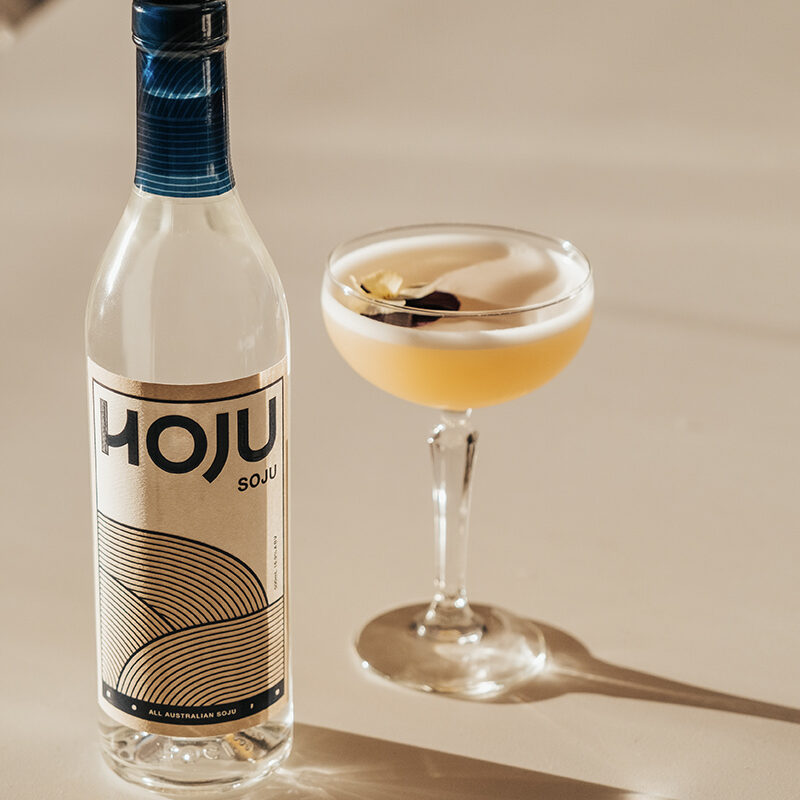
Thanks for sharing that. We can see a lot of thought has gone into the brand. How are awareness? How are you guys getting the word out there and how will you scale the brand?
Right now, we’re seeding the brand in Lighthouse venues, aligning with partners we’d like to have long-term relationships with. When we 'officially' launch next year, we want people to find us in great locations, instead of just filtering sales through our website. We’re also doing live sampling sessions at stores such as Dan Murphy's, Red Bottle, and P&V Wine + Liquor. This is one of our favourite things to do, as we get to see reactions first-hand and pass on our passion for soju. We also have a small social media campaign ticking over in the background which we plan to ramp up closer to the official launch.
It sounds like everything is running to plan. Having said that, what future challenges do you think you'll face moving forward?
As a small start-up in a relatively new category, the learning curve has been steep. But we have come a long way and continue to tackle challenges head-on. Some of these will include best processes with capital raising, issues with distribution and logistics and a lack of resources, especially early on.
Ok, here's our final question. Knowing what you know now, what advice would you give another entrepreneur who is embarking on their own startup journey?
- Never give up or expect things to come easy - but remember; hard work pays off, in the long run.
- Know what your strengths are (play to them) and where you will need support, so you don't waste time learning or perfecting new skills unnecessarily.
- Research the hell out of the industry, especially if it's one that is not second nature to you.
- Nut out your COGs early (a boring necessity). This is so important to know what money can be spent where. You don't want to lock away pricing and then realise you have overlooked an important step or necessary process.
- Ask for advice and don't be afraid to admit what you don't know, people are usually happy to help someone they perceive as ' having a go’ especially if you’re stepping outside of your comfort zone.
- Celebrate all victories, big and small. Never lose sight of the long game, but don't forget to look back occasionally to see how far you’ve already come.
- My last words of advice are not for all start-ups - however, having a business partner/teammate/sounding board/friend that you trust can help make the road easier - and more fun!
